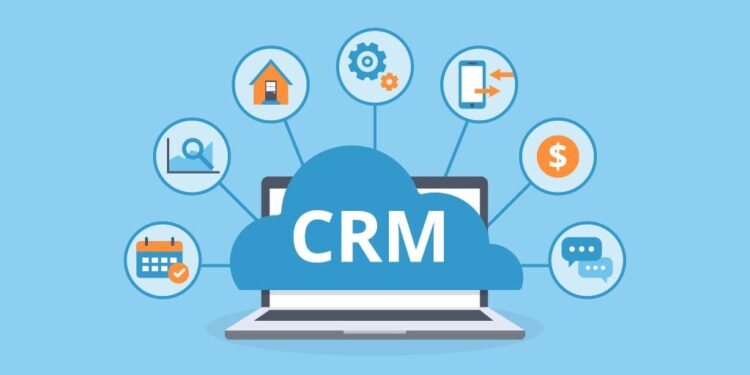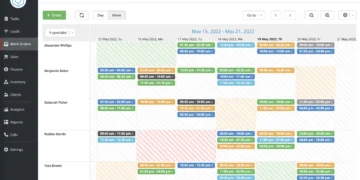The real estate industry is highly competitive, and the ability to manage client relationships effectively can make or break a business. A robust Customer Relationship Management (CRM) system is essential for real estate professionals to streamline their operations, enhance client interactions, and ultimately close more deals. Here are the top features to look for in real estate CRM software.
1. Lead Management
One of the core functions of any CRM system is lead management. In real estate, capturing, tracking, and nurturing leads is crucial for converting prospects into clients. Look for a CRM that offers lead capture forms, automated lead assignment, and tracking capabilities. The ability to segment leads based on criteria like location, budget, and property type can help in targeting the right prospects with the right offers.
2. Property Management
Real estate CRM software should include comprehensive property management features. This includes the ability to store detailed property information, upload images and documents, and track the status of each property. Integration with Multiple Listing Services (MLS) is also a valuable feature, allowing real estate agents to access and manage property listings seamlessly.
3. Client Communication Tools
Effective communication is key to building strong relationships with clients. A real estate CRM should offer various communication tools, such as email templates, SMS integration, and automated follow-up reminders. Additionally, features like call logging and tracking client interactions can help agents stay on top of their communications and ensure no lead falls through the cracks.
4. Task and Calendar Management
Managing appointments, property viewings, and deadlines can be overwhelming without a proper system in place. A good real estate CRM should include task management and calendar features that allow agents to schedule and track their daily activities. Integration with popular calendar apps like Google Calendar ensures that appointments and tasks are always up-to-date and accessible.
5. Analytics and Reporting
Data-driven decision-making is essential for success in the real estate industry. Look for a CRM that offers robust analytics and reporting tools. These should include customizable dashboards, sales performance reports, lead conversion metrics, and property marketing effectiveness. Having access to this data helps agents and brokers make informed decisions, optimize their strategies, and improve overall business performance.
6. Mobility and Cloud Integration
Real estate professionals are often on the go, so mobility is a critical feature of any CRM system. A cloud-based CRM allows agents to access client information, manage leads, and track property details from any device, anywhere. Mobile apps that sync with the CRM system ensure that agents can work efficiently while in the field, enhancing productivity and client service.
7. Customizable Workflows
Every real estate business operates differently, so the ability to customize workflows is a valuable feature in a CRM. This includes setting up automated workflows for lead nurturing, follow-up sequences, and deal closures. Customization allows businesses to tailor the CRM to their specific needs, improving efficiency and ensuring that processes align with their unique business model.
8. Integration with Marketing Tools
Marketing is a significant aspect of real estate, and a CRM that integrates with marketing tools can be a game-changer. Look for features like email marketing automation, social media integration, and lead generation tools. These integrations enable real estate professionals to run targeted marketing campaigns, track their effectiveness, and convert leads into clients more effectively.
Conclusion
Choosing the right CRM software is crucial for real estate professionals looking to stay competitive in a fast-paced industry. By focusing on features like lead management, property management, communication tools, and analytics, real estate businesses can enhance their client relationships, streamline operations, and close more deals. As the real estate landscape continues to evolve, a robust CRM system will be an invaluable asset for any real estate professional.










